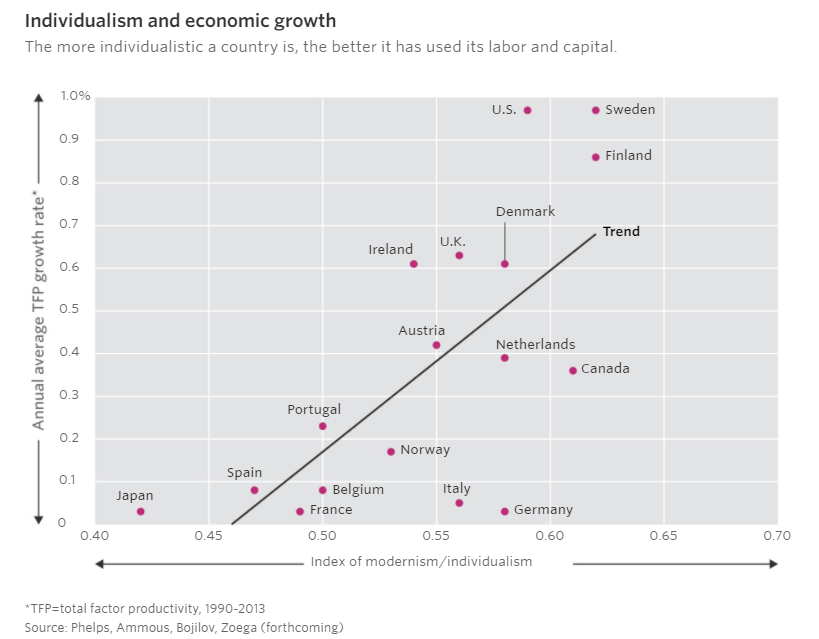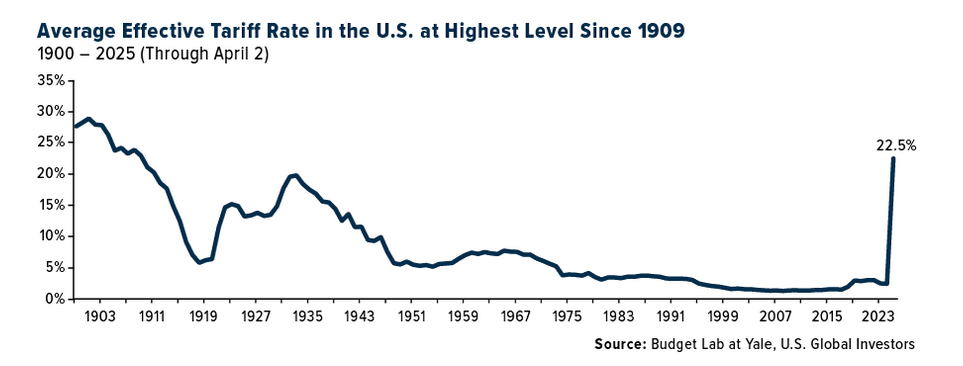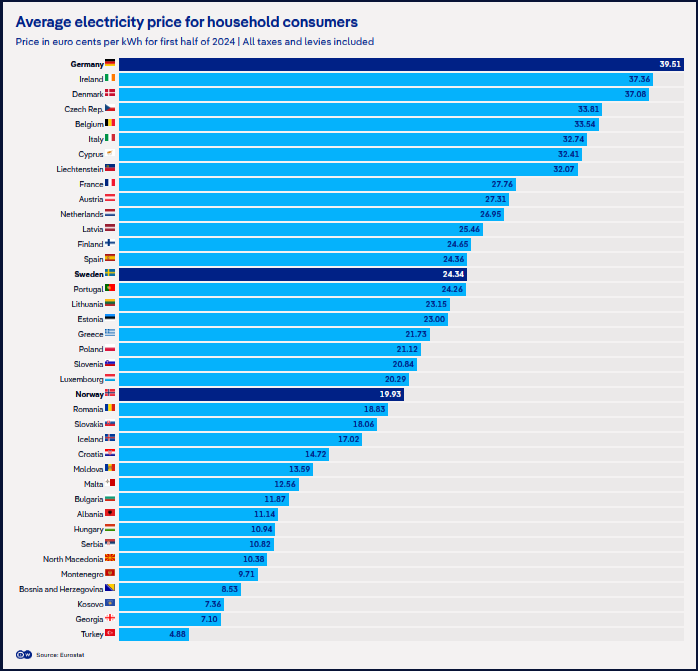I came across an interesting article in the journal this week by James Mackintosh discussing Protestantism and Capitalism. The key argument in his piece is that the more individualistic a country is, the better it is for economic growth and innovation. For example, the US leads the world in iinovation especially in technology. No other place in the world can match Silicon Valley in terms of innovation and creativity. The US is also a more individualistic society than its peers in developed Europe. So in addition to eduction, infrastructure and other factors, individualism in Americans drive them to innovate and be successful.
Developed Europe on the other hand follow socialism and everything is done with the society in mind and not purely profits or creating billionaries. For the most, extremely individualistic behavior is frowned upon by the society as whole. This is in sharp contrast to the US where highly indidualistic individuals who become successful at least financially are glorified and almost worshipped by the society like gods or at the very least like some Hollywood celebrities. The flip side of a less individualism is that there is no Google in France, no Airbnb from Spain, a Uber from Germany or Amazon from Great Britain. In fact, hardly any company such as those mentioned above ever have been created in these countries.
From the article:
Five centuries ago this week, Martin Luther started the Protestant Reformation by hammering his 95 theses to a church door in Wittenberg, Germany.
His legacy raises questions that resonate for investors today: Can Communist China become a rich country? And does the political swing towards populism threaten economic growth?
Luther matters to investors not because of the religion he founded, but because of the cultural impact of challenging the Catholic Church’s grip on society. By ushering in what Edmund Phelps, the Nobel-winning director of Columbia University’s Center on Capitalism and Society, calls the “the age of the individual,” Luther laid the groundwork for capitalism.
More detailed studies since have debunked Weber’s ideas, showing that it is education and openness to ideas that matter, not Protestantism itself. Hans-Joachim Voth, a professor at the University of Zurich, points to higher literacy levels in Protestant countries as recently as 1900, a hangover from when early Protestants, unlike early Catholics, read the Bible for themselves. These same countries remain among the world’s richest.
The full article is worth a read.
Source: What 500 Years of Protestantism Teaches Us About Capitalism’s Future, WSJ, Nov 2, 2017
Related:
- 500 years ago, the seeds of capitalism, LiveMint




